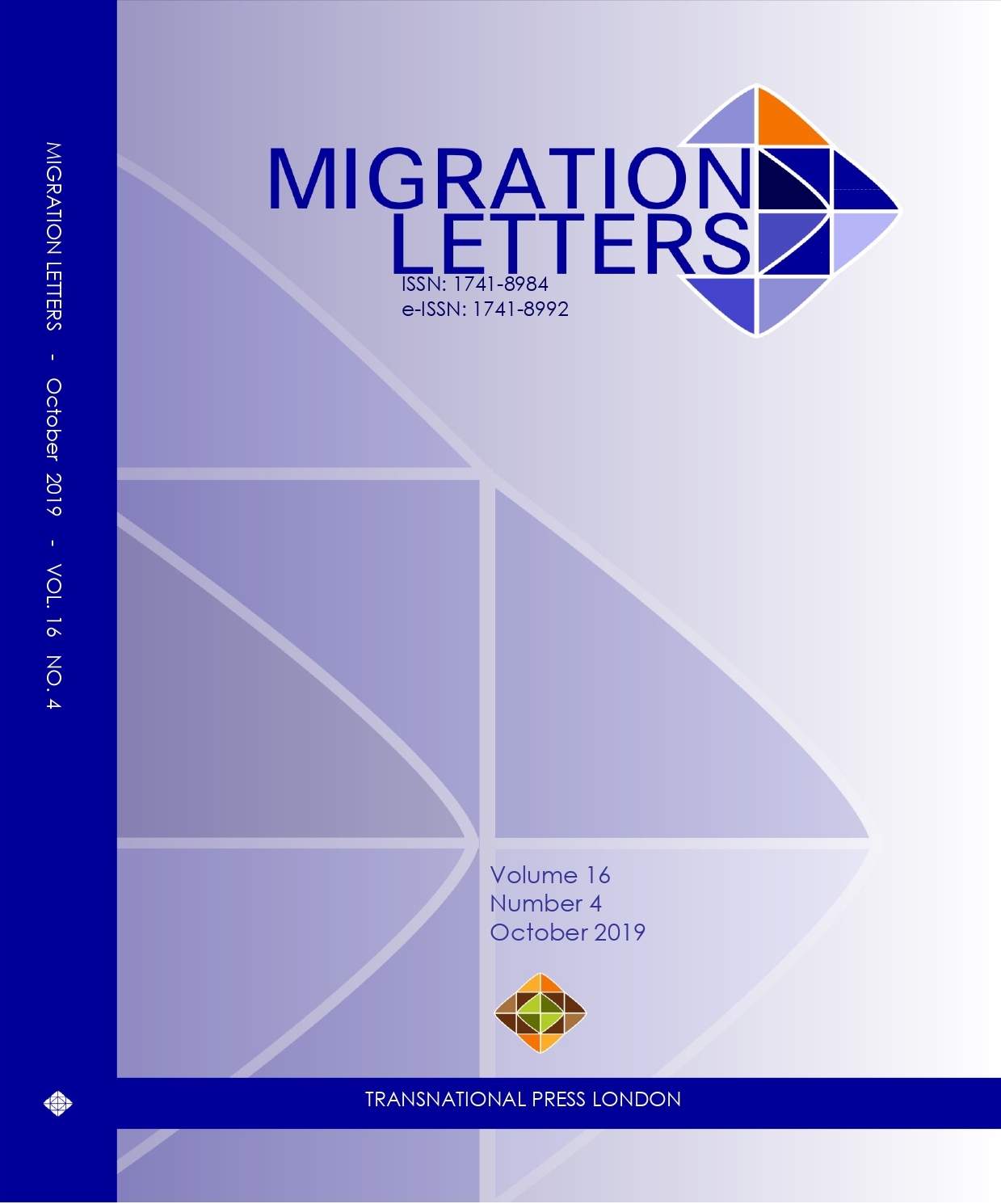Reconsidering the Importance of Social Capital for the Subjective Well-Being of Migrants in the Digital Era
Reconsidering the Importance of Social Capital for the Subjective Well-Being of Migrants in the Digital Era
Author(s): Diana Mariana PopaSubject(s): Politics / Political Sciences, Media studies, Migration Studies
Published by: Transnational Press London
Keywords: migration; digital; East Europeans; social capital; well-being;
Summary/Abstract: Social capital is an often-used indicator when measuring and explaining the happiness or life satisfaction levels of migrants and it is frequently measured with the item “How often do you socially meet with friends, relatives or colleagues?” Migration studies should reconsider the weight that social capital (measured according to the frequency of socially meeting relevant others) has in the subjective well-being of migrants seen that the paradigm of the uprooted migrant has been replaced by the paradigm of the connected migrant. The purpose of this article is to show that in the digital era, the subjective well-being of the connected migrant is not influenced by physically meeting friends, relatives and colleagues as much as it was for the uprooted migrant. As supporting case study, results about the impact of social capital on the life satisfaction of East European migrants are presented.
Journal: Migration Letters
- Issue Year: 16/2019
- Issue No: 4
- Page Range: 543-550
- Page Count: 8
- Language: English

